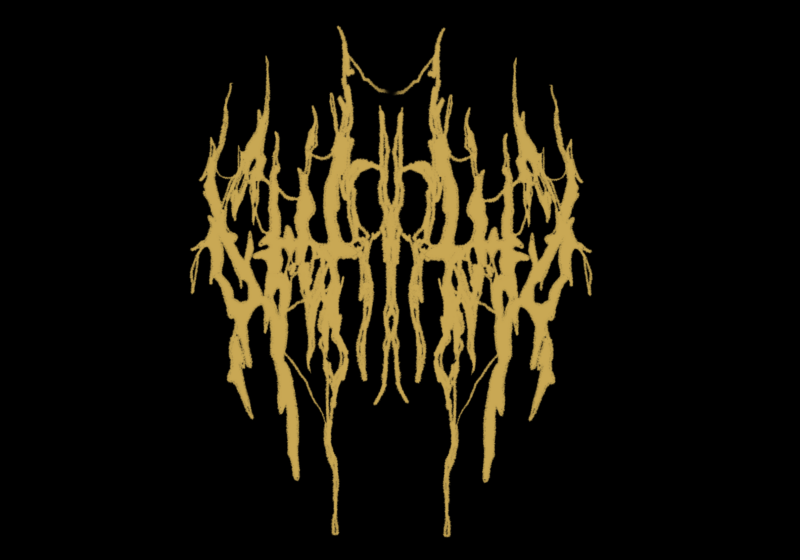The majority of the UR’s student body is composed of scientifically devout, Epicurus-abiding, sacrilegious heathens. And, really, in today’s culture, that’s pretty acceptable. Certainly, few are overt, vehement deriders of organized religion and it’s popular to proclaim just to be religiously inactive. Publicly, it’s pretty respectable to be tolerant of other people’s religious views and just to be passive when it comes to any of the countless outrageous rituals we accept as rational in the 21st century.
But is it harmless to be just passively irreligious? Sure, Bill Maher may be infamous for his polemics, but his Meliora Weekend routine last semester wasn’t merely a stab at Islam for the sake of humor he posed some very significant questions that the tolerant agnostics are too afraid to approach. Maybe it’s necessary to take another look at the impact that organized religion has had on a global scale.
The most pertinent differences among humans arise from ancestral culture. Furthermore, most culture is unified by a fundamental religious ethical structure. It must be understood that this structure is inherently flawed. Above all, organized religion is the epitome of counterproductivity although a significant common goal is man’s unification, religion is inherently exclusionary and elitist. How many conflicts have been the consequences of religious intolerance? While the Crusades and Inquisition were long ago, all around the world organized religion is the source of bloody massacres and genocides before our very eyes today.
After the dissolution of Yugoslavia in 1992, the ethno-religious differences between those previously united by the state finally became recognized. A religious genocide ensued. By 1995, tens of thousands of Bosnian Muslim men, women and children were mercilessly massacred by the Catholic Croats and Orthodox Serbs in an attempt to ‘purify” the land. It should be mentioned that the Croats, Serbs and Bosnians speak virtually the same language and have nearly identical ethnic roots. This genocide occurred in your lifetime.
It should not even be necessary to elaborate on the 6 million Jewish people murdered in the Holocaust, the unregulated Jewish discrimination within the Soviet Union or the continual persecution they face in the Middle East today.
It’s time to appropriately hold organized religion accountable for the sustenance of these divisive tactics. Acceptance of religion’s inherent insularity is only perpetuating its disease. I am not advocating that we have to be intolerant of other people’s spiritual beliefs. Rather, we should be intolerant of people organizing to propel the segregation of a species of equally respectful, religious individuals. This means drastically reforming our conception of organized religion’s frequently violent role in our communities.
As often as many progressive religions deny it, a central implication of any organized religious practice is that the faithless are inferior to the faithful. Proselytizers would hardly have a case if this were not true. This instilled superiority acts in no other way than to further amplify people’s differences and encourage divisiveness. Whether or not a specific God exists is not the issue that fosters segregation. The people’s treatment of this concept is.
I’ll admit it for the longest time I thought that militant atheism was just as obnoxious as the proselytizing religious fanatics. Since childhood, I’ve always just been contently non-theistic and the opposite of aggressive in this respect. The most important thing to recognize is that you are not wagering anyone else’s life in being anti-religious. The unified faithful are, however. Being passive about a topic that is costing human lives every day is nothing less than a moral atrocity. We are permitting the Holocaust. We are allowing Yugoslavian genocide. We are letting Al-Queda slide.
It’s time to be brave and take a stand against divisiveness it is time to be vocal about the devastation that organized religion is causing our global society.
Shteyn is a member of
the class of 2013.



